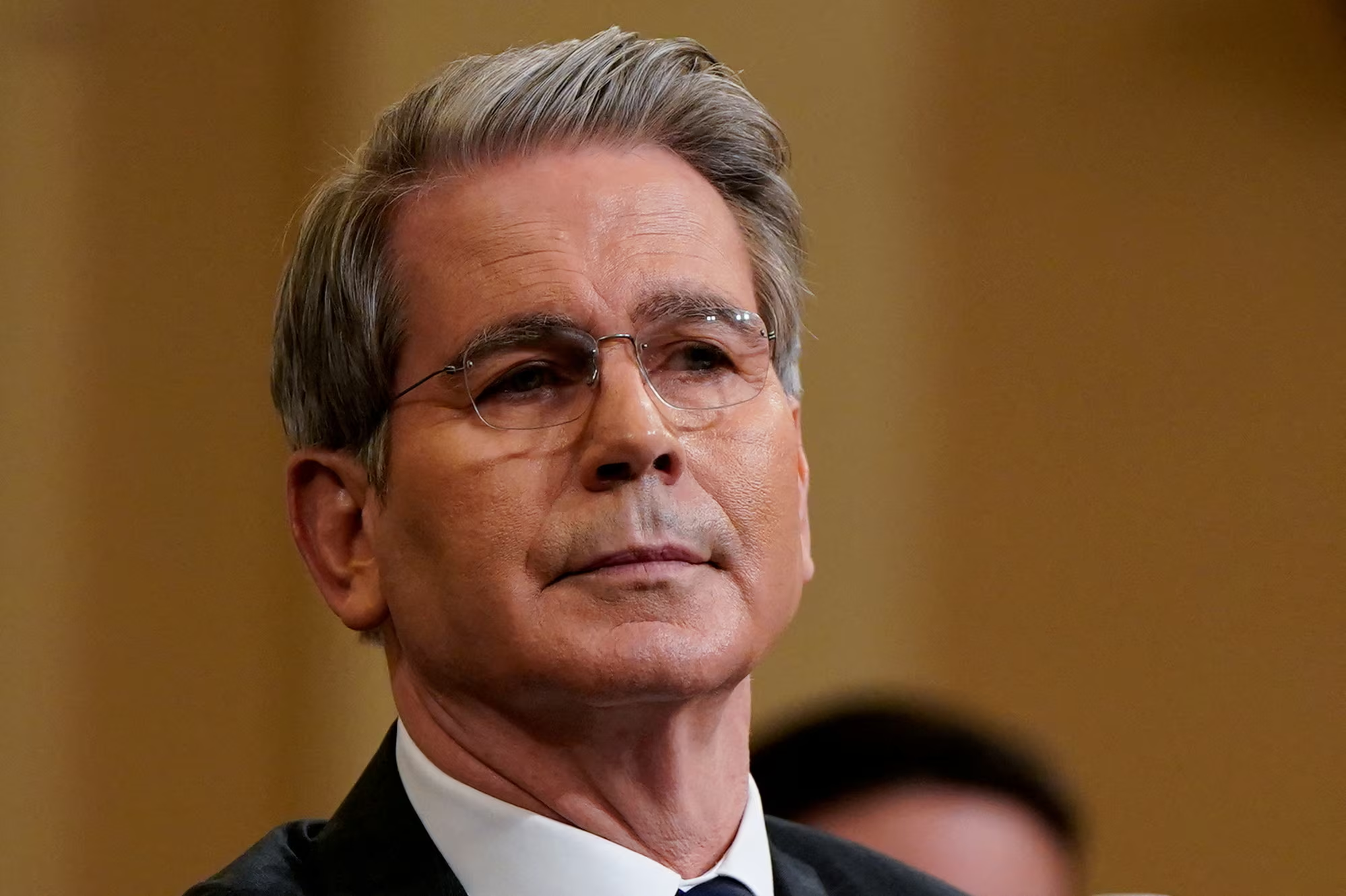Treasury Secretary Scott Bessent said on Sunday that President Trump’s broad tariffs are not responsible for the recent uptick in U.S. inflation.
Speaking on NBC News’s “Meet the Press,” Bessent was questioned about the administration’s decision to roll back tariffs on more than 200 food products despite earlier claims that tariffs benefitted consumers.
Inflation Questioned Amid Tariff Rollbacks
Moderator Kristen Welker pressed Bessent on whether tariff reductions contradicted the administration’s stance.
“You have said recently that you think tariffs help consumers. If tariffs help consumers, why is the administration rolling them back?” she asked.
Bessent responded by pointing to inflation data in imported goods.
“First of all, Kristen, if you look at the data, that imported goods, the inflation has actually been flat. Inflation is up because of the service economy and services. So that has nothing to do with tariffs,” he said.
Welker referenced Consumer Price Index data showing inflation rising from 2.3% in April to 3% in September, after new tariffs were imposed.
Trade Deals Cited as Key Factor
Bessent said falling prices in certain food categories were linked to trade agreements rather than tariff adjustments.
“And many of the food items where the inflation is coming down, the USTR has been working very hard on trade deals,” he said.
“And the trade deals that have been in the works for six or eight months coincide with many Latin American, Central American countries, where the foodstuffs you just named come from.”
Tariff Revisions Meant to Lower Grocery Prices
President Trump signed an executive order earlier this month reducing tariffs on a wide range of consumer goods.
The goal was to lower grocery prices, particularly for commonly purchased items such as coffee, tea, beef, bananas, tropical fruit, wood and iron.
The timing followed Republican losses in the recent elections, where Democrats performed strongly by focusing on affordability and cost-of-living issues.
Republican strategists have urged the administration to prioritize household costs ahead of next year’s political calendar.
The tariff rollback is one of several economic steps the administration is taking to address public concerns about inflation and grocery prices.




